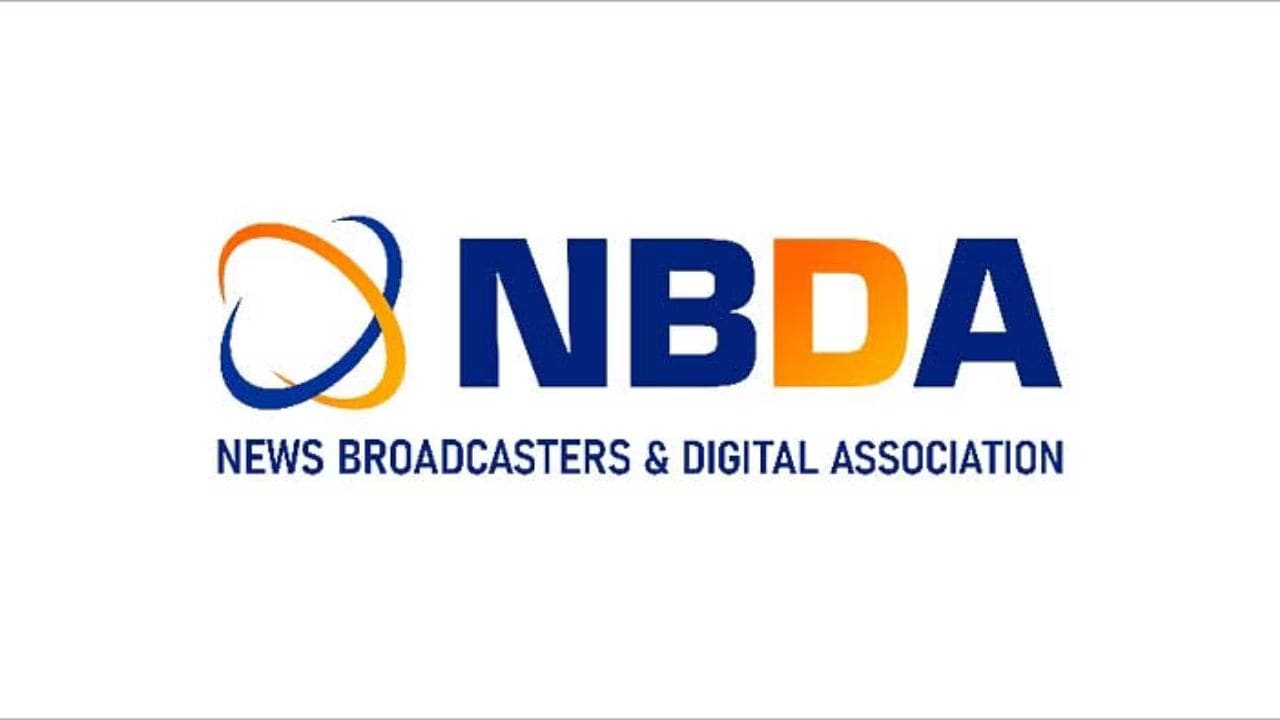The News Broadcasters and Digital Association (NBDA) strongly during the Open House Discussion opposed Telecom Regulatory Authority of India’s (TRAI) consultation paper on ‘Framework for Service Authorisations for provision of Broadcasting Services under the Telecommunications Act, 2023.’ NBDA urged TRAI to withdraw its consultation paper or limit its extent to DTH and IPTV players.
NBDA in its response to TRAI pointed out that Telecommunications primarily facilitates data and voice carriage, while broadcasting is content focused, subject to distinct content codes and self-regulatory bodies like NBDSA, ASCI, and BCCC.
NBDA also stated that the telecommunication relates to person-to-person communication, while broadcasting disseminates programming to a general audience. Conflating the two disregards the unique nature of broadcasting. Including broadcasting within telecommunications would impose additional licensing requirements, further complicating an already heavily regulated sector.
Rajkumar Varier, of ABP Network and representing NBDA during the Open House Discussion stated, “As of today, the section 3 and 4 under the new Telecom Act is only for the purpose of DTH and IPTV that the telecom license is issued. In 2022, when first draft of the Telecom Bill mentioned broadcast had led to a lot of protests by all the broadcasters saying that broadcast is not telecommunications. Broadcasters are not falling under the definition of telecommunications.”
Varier highlighted that definition specifically removed broadcast and OTT from the definitions. “This issuance of this consultation, including all, whether television programming services, whether television distribution services may be right to the limited extent of DTH and IPTV.”
Varier added, “My humble request is that as far as broadcast services is concerned, this consultation should be withdrawn to that extent because it can only be at best applicable for a DTH and IPTV. Whereas broadcast services is more in the nature of exercise of freedom of speech and expression under the constitution. It can never be stated that the freedom of speech and expression would now be a licensed activity by the government.”
NBDA had pointed out that the consultation paper’s assumptions about broadcasting’s classification within telecommunications appear both unfounded and counterproductive, given prior legislative and consultative efforts to maintain their separation.
NBDA said, “There is no rationale to include broadcasting services under telecommunication services and the distinct identity of broadcasting services should be maintained. The broadcasting industry is dependent on human creative abilities whereas the telecommunication industry is driven by technical advancements and technology.”
NBDA reiterated that TRAI should suspend this consultation and, instead, assist in developing broadcasting-specific legislation that would more appropriately address the unique needs of the broadcasting sector.
